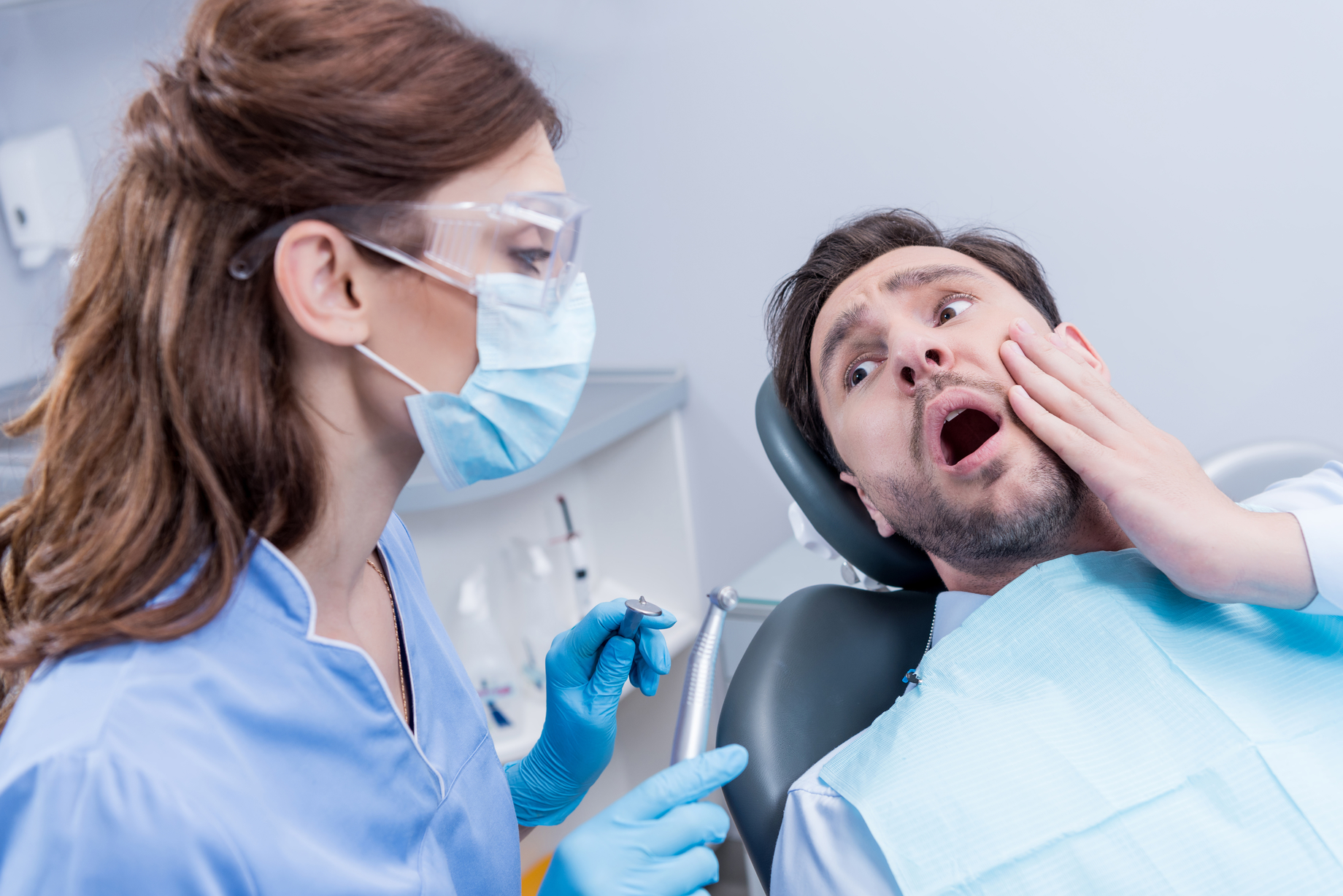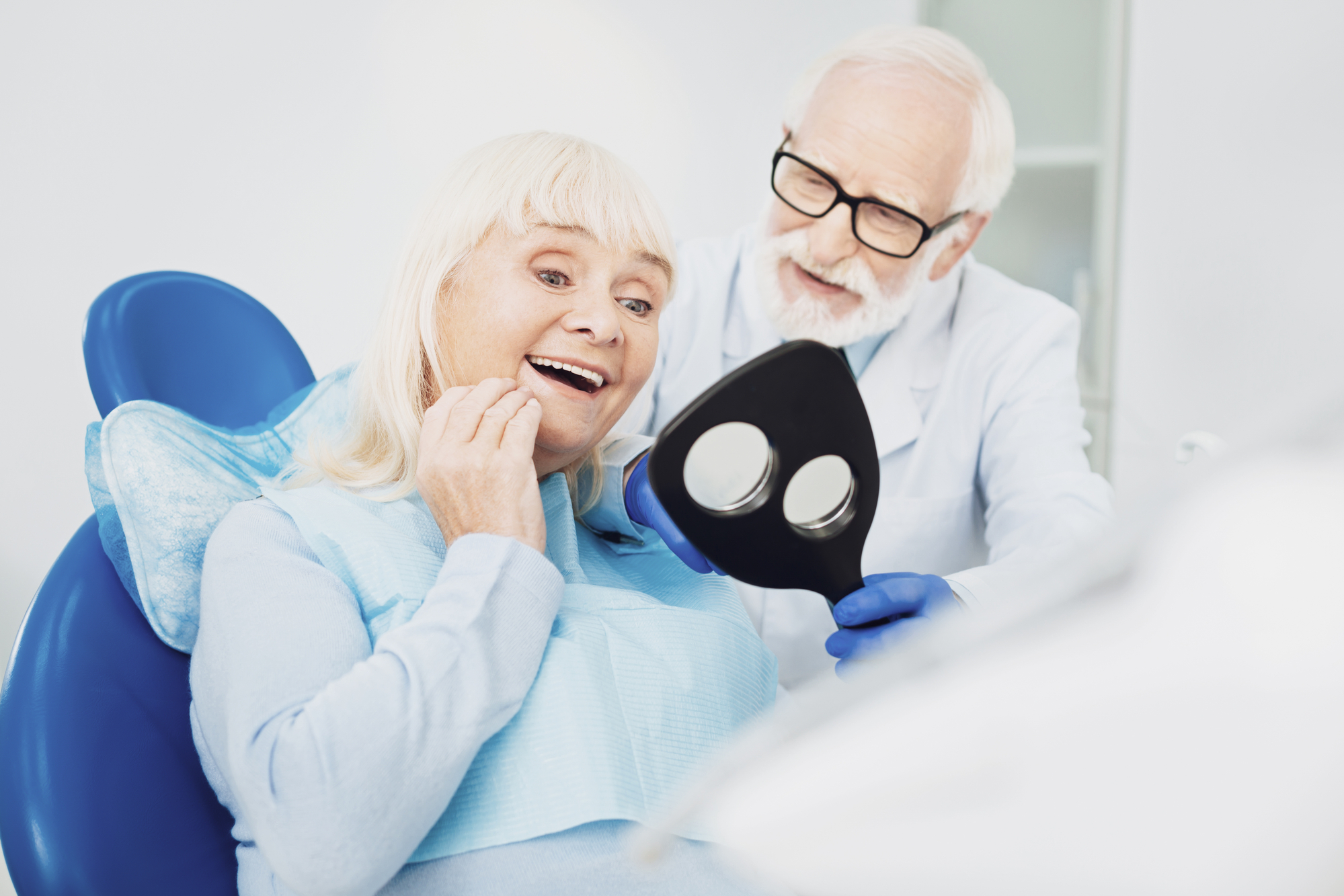Do you have more proactive dental patients or reactive ones? If you’re having trouble getting patients to accept treatment, it could be because your patients are being more reactive than proactive with their oral health. While reacting to issues that arise is important, proactive dental patients tend to be happier and healthier.
When your patients are more proactive about their oral health, everyone wins. Patients get the care they need before small issues become larger. Proactive patients say yes to the treatment plans you recommend more easily. And that improved case acceptance allows you to become more profitable while helping improve your patients’ lives by helping them maintain optimal oral health.
We recently worked with Dr. Christopher Phelps aboard the 2019 Smiles at Sea cruise. Dr. Phelps is an expert in a number of dental marketing topics, including empowering your patients to be proactive. Among the topics Dr. Phelps teaches is how dentists can help patients become more proactive about their care. Here’s why proactive patients make practices more productive and profitable, and how you can empower your patients to become more proactive.
What Does it Mean to Be Proactive vs Reactive with Oral Health?

Generally speaking, proactive people decide what they want for their future, plan what they need to do to achieve that future, and take steps today to ensure they achieve the future they want. They believe they have control over their own outcomes. They embrace having choices because they feel confident enough to make good decisions. With dentistry, that means proactive dental patients take ownership of their oral health and wellness. They brush and floss regularly. They invest in preventative care. And when issues arise, they choose a solution that does not just patch the current issue. They choose the best solution they can afford.
Reactive people, on the other hand, make decisions only when necessary, responding to current circumstances and situations. They tend to believe their health outcomes are predetermined by outside factors and do not have control over their future. Thus, when an issue arises, they tend to choose an issue that acts more like a “patch” than a “cure.” In other words, they tend to treat the symptoms, not the underlying problem. Reactive people don’t make the best patients. They fall behind in preventative care appointments. They are often unlikely to accept your treatment plans. When they do, they often fail to schedule their treatment.
Because proactive patients are more likely to accept your treatment plans and invest in more complete solutions, your revenue per patient will be much higher when your patients are proactive than reactive.
Use Science of Influence to Make Implant Patients More Proactive

If you’ve had problems getting patients to be more proactive, taking a motivational interviewing approach to patient communications could help. Additionally, these six science-based principles of influence can help patients say yes to the treatment they need. Here are three examples of using science-based principles of influence to make your implant patients more proactive.
Using The Power Of Consistency With Dental Implant Patients
For example, some people need the power of consistency to become proactive dental patients. To use the power of consistency with patients, ask them about their mindset when it comes to being proactive. You could say “Do you prefer to be proactive, save money, and treat issues while they are small? Or, do you prefer to be more reactive, addressing issues when they become bigger, even if it is more expensive or disruptive to your daily life?” When patients say proactive, they are much more likely to want to ask questions consistent with the description of themselves and look at your treatment plan with a different mindset.
Using Scarcity To Help Dental Implant Patients Move Forward With Their Treatment
You can also employ the power of scarcity to get patients to move forward with the care they need. Scarcity is one of the most persuasive principles of influence. In short, people will become proactive in making a decision when they believe the decision will go away. For example, you can offer patients free teeth whitening if they complete their treatment by a certain date. You could also offer patients a discount if they complete their treatment by a certain date. By giving them a deadline by which something valuable to them—the whitening or discount—they become more motivated to move forward.
Leveraging Social Proof With Dental Implant Patients
The principle of social proof provides that people are likely to be influenced to act based on the actions of others. For example, when large groups of people make the same decision, patients are likely to see that decision as the right one. Thus, if you can say, “most people make this decision,” a patient is more likely to make that decision.
Additionally, if patients can relate to people who have faced the same decision before, they are more likely to make the same decision. Thus, if you can show them a video testimonial or before-and-after picture of someone they can relate to who chose to move forward with implant treatment, they will be more likely to move forward with implant treatment.
Want more help empowering your dental implant patients to be more proactive?
Want to learn more about empowering your patients to be more proactive? Check out Dr. Phelps’ programs.
And if you want help putting these principles to work in attracting and closing more implant cases book a strategy call with the experts at Driven Dental Implant Marketing today.
